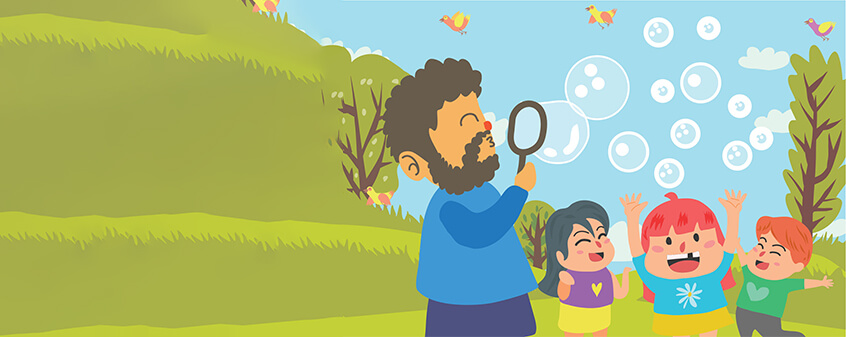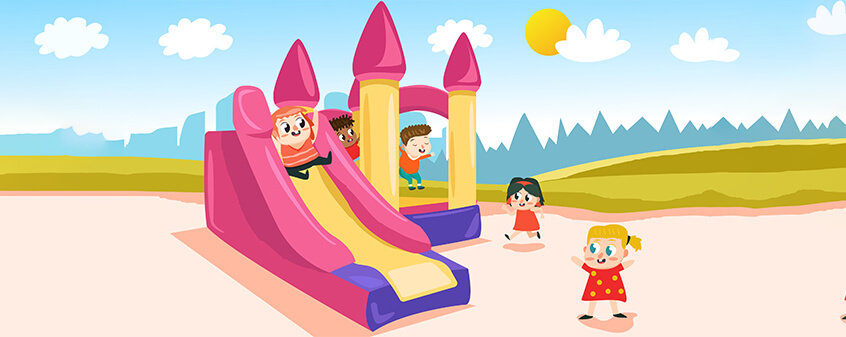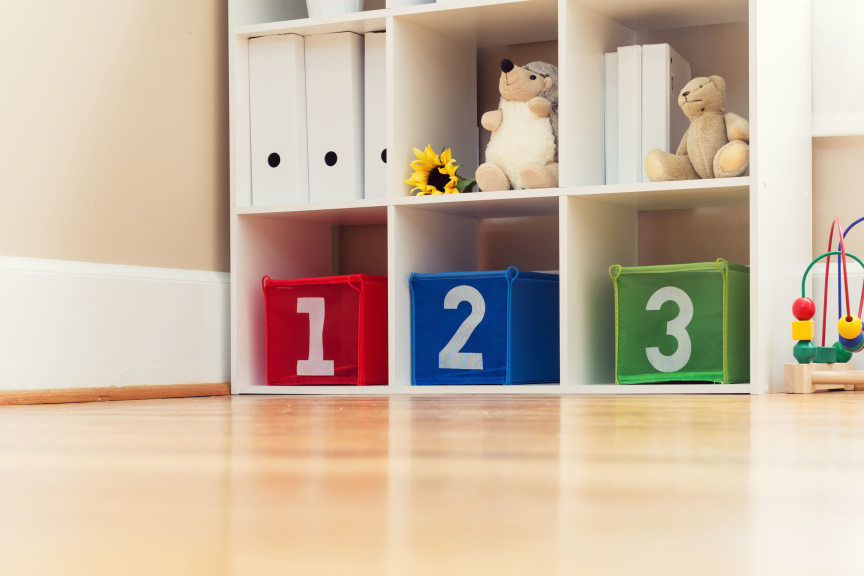Being an educationist I am often asked what the right age to send a child to playschool is. Parents also ask how they can pick the best school for their child. Here are the answers!
The question of age
The right age is anywhere between 1.5 to three years. Now, a child's brain develops rapidly from birth until three years, producing 700 new synaptic connections every second.
Experts state that toddlers need support to stimulate their learning to make the most of these "light bulb" years when their brains form connections at double the rate of adults. Factors such as a child's relationships, experiences and environment influence the development of the growing brain. If they are not stimulated enough in the years before starting school, their development may be adversely affected. Yet, there ideally should be no stress over academic success—just enough stimulation for optimal development.
Choosing the right school
Nature provides a blueprint for each child's potential development, but it takes proper nurture for this blueprint to live up to its promise.
Selecting the right preschool is critical for future academic, social and emotional success and taps the potential for laying a strong foundation for lifelong learning.
A preschool programme which understands the "windows of opportunity" and designs activities accordingly is conducive for learning. These "windows" are neurological wiring timetables when the child is more primed for learning—for example, a child is primed to learn reading skills and vocabulary. If this period is missed or we wait till the child can talk, we miss the ideal time to create a foundation in reading and learning.
Note that a preschool should be an opportunity for development and not a training ground for primary school. The curriculum implemented needs to be based on brain research where learning is fun, engaging and stress free. It must have developmentally appropriate activities, equipment and an environment that promotes social, physical, cognitive and language growth.
Preschoolers thrive when there is consistency in the trust they have in adults at home and school. Hence, nurturing relationships through an ideal teacher-child ratio is important in preschool for children to develop a personal connection. Preschoolers need structure for emotional security, but they also need choices to develop decision making. A good preschool, thus, provides a blend of free and structured play and does not stress children.
Pointers for selecting a preschool
There is no generic way of picking a preschool. What parents should do is list the five things that are most important to them in order of priority. Some examples may be— proximity to the house, curriculum and learning style used, hygiene, religious-based learning, annual fees, a playground, use of technology, teacher-child ratio, teacher qualifications, classroom size, batch size, inclusive education, etc. Then find a school that matches. From my experience this is the best way. For some parents a preschool that holds prayers every day is vital. For others religion and school should not mix. For some parents a preschool that teaches numbers and the alphabet early and in a structured way is imperative. Other parents want a less structured preschool and want a focus on play and not on early literacy and numeracy.








